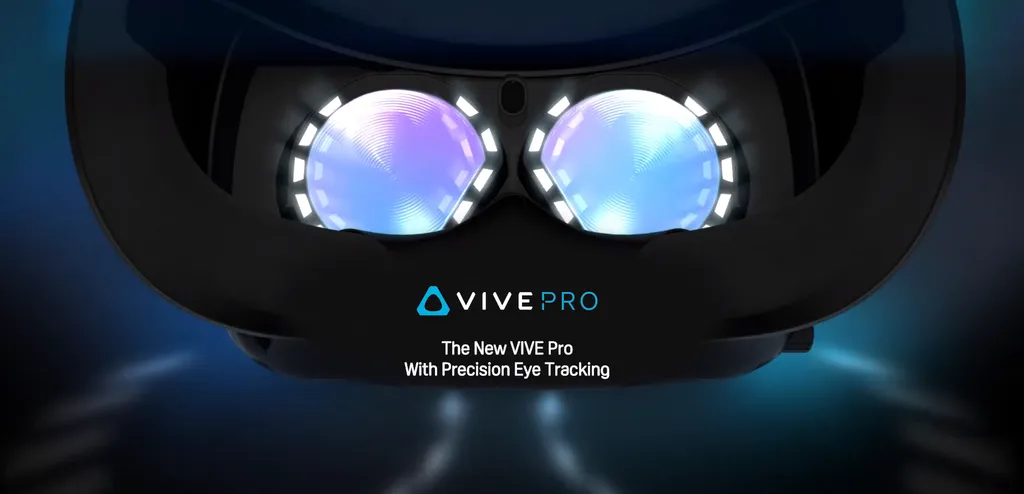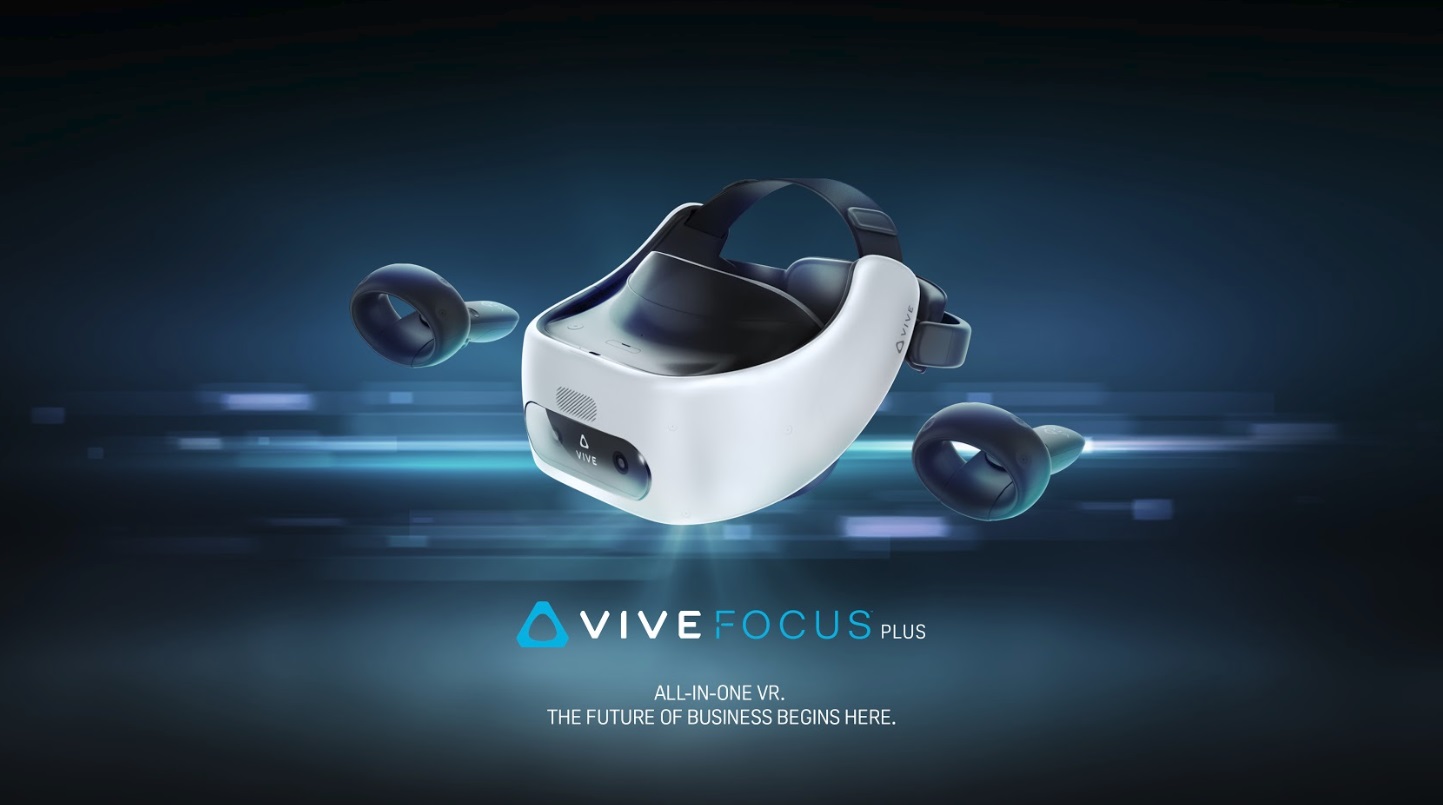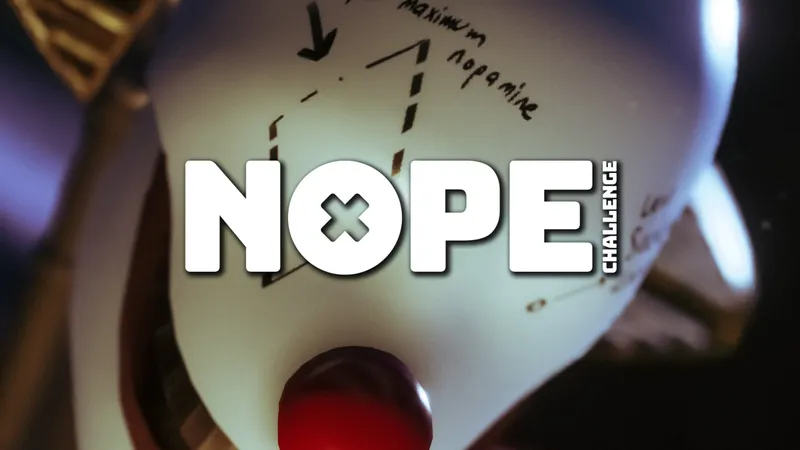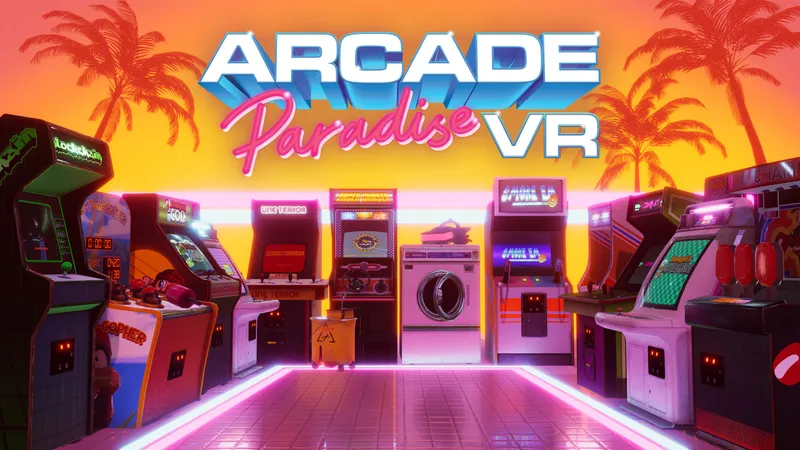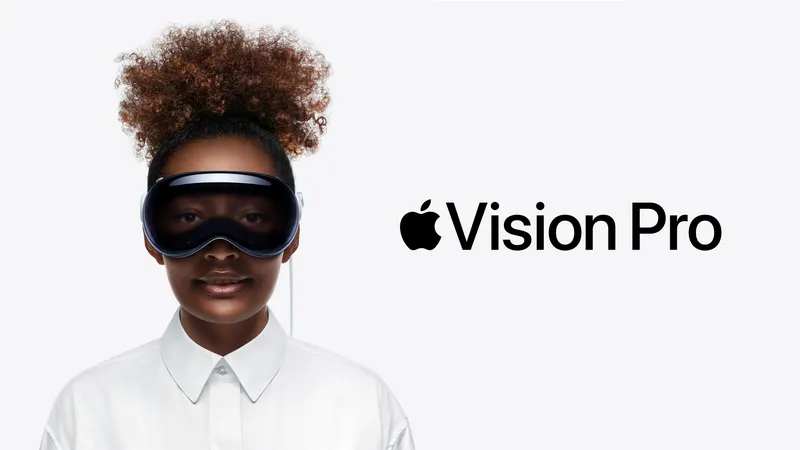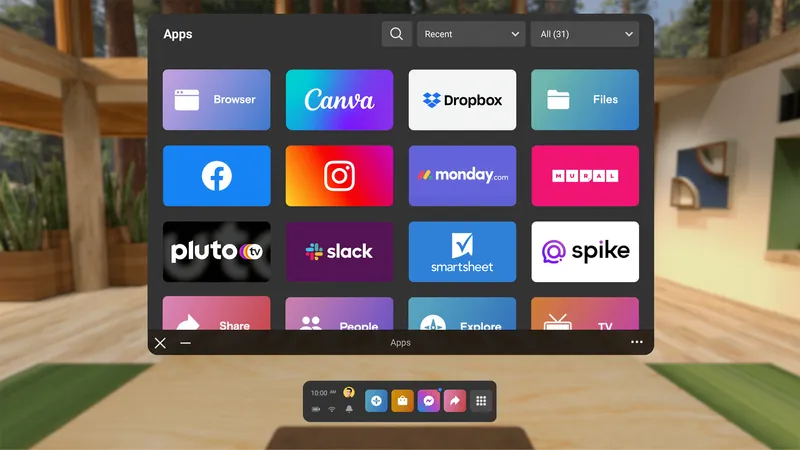HTC has a lot of new VR headsets. There’s much to learn about the Vive Cosmos, but there’s two new additions coming to the enterprise side too. The upcoming Vive Pro Eye improves on the first Pro with integrated eye-tracking, for example. Meanwhile, the newly-announced Vive Focus Plus succeeds a three-month-old headset with new six degrees of freedom (6DOF) controllers.
Despite surpassing their predecessors, though, neither of these headsets will be fully replacing them. Why is that?
I put that question to Vive General Manager Daniel O’Brien at MWC this week. He told me that it was down to the difference between consumer and enterprise markets. “It’s really about — when you’re talking about enterprise — it’s a very long lead sales times,” O’Brien said. “And you’re also talking about time that you need to service and you need to keep supporting those customers. They’ve built business cases around them, they’re going to deploy them, they’ll ramp in that new hardware when they’re ready to ramp it in.”
Having previously worked in HTC’s phone division, O’Brien said he understands how that may look to a consumer market. “You’ve got to give your customer enough time,” he added. “And sometimes that cycle can be 12 – 18 months. You’ve got to be very respectful of your customers and how they purchase products and not cause friction to their planning process or else you’re out of business.”
Speaking of the Pro, I also spoke to O’Brien about the decision to sell the kit to consumers too. When HTC introduced the Pro at CES 2018 it seemed marketed toward both consumers and businesses. When the hefty $799 price tag was later revealed (for just the headset), it became clear it was focused on the latter audience. The company caught a lot of flak for the price online. So why sell it to consumers at all?
“We just knew on the consumer side if we blocked them out of a higher resolution display and more comfortable headset, we were going to upset them,” O’Brien explained. “And we didn’t want to upset those customers.”
He told me that the company was selling “a lot” of Pros on the enterprise side. “I know it seemed confusing in the messaging, but we were just trying not to upset anyone,” he said.
Vive Pro Eye will be much the same case. Prosumers will be able to buy the headset when it launches in Q2, but it’s more built for business use than gaming. Instead, it’s Cosmos that will be HTC’s next consumer-focused VR headset. The device is due to launch this year. HTC remained tight-lipped about it at MWC, however.

